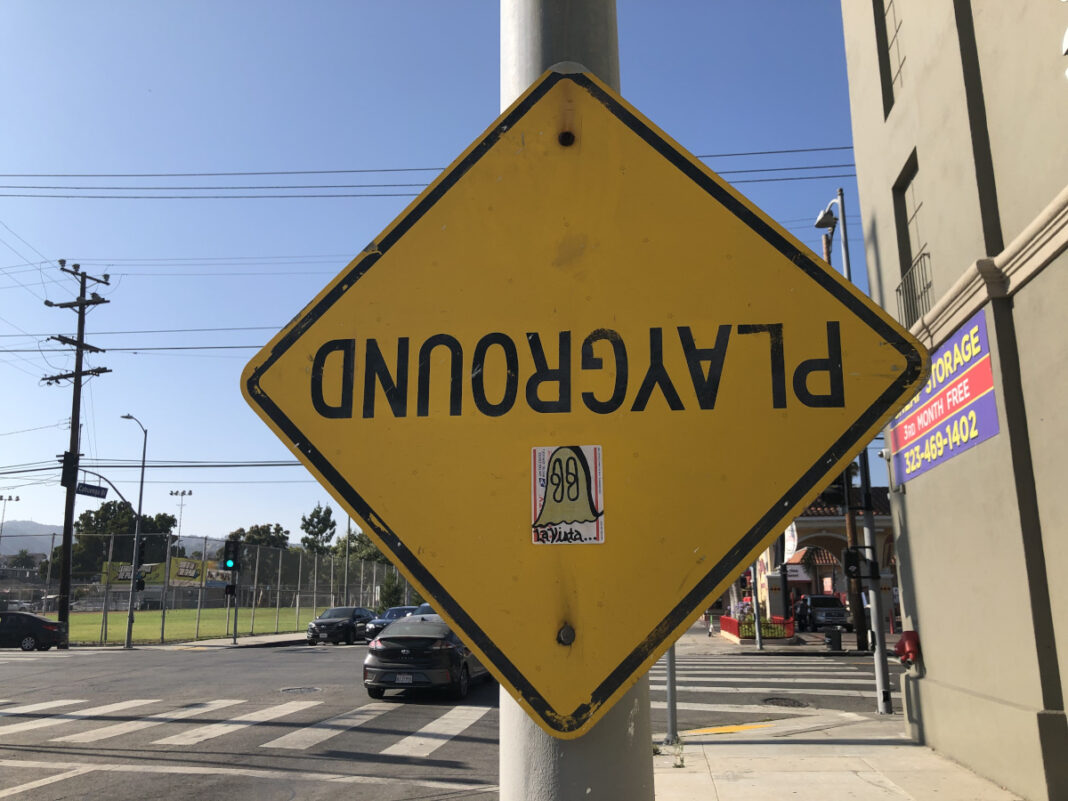UNITED STATES—Even to a man who always saw perhaps more than anybody could or should reasonably see, around corners and decades ahead, the future was murky. At that point, Sam hired Bernard Lukasey, the adwiz, who had this impression in his memoirs, “A well-built man, Mr. Delaney towered over me, height, well over six feet.”
It was an uncanny effect that Sam had on people, who were in the league in placing him well over six feet whereas he was five-foot-six in his stocking feet. Sam and Lukasey, the adwiz, met at Delaney’s office on pier 3 in Manhattan. His voice was subtly guttural, and much later I remarked that I was intrigued by his voice, fully believing him to be born and bred in Newark, New Jersey.
“That is a vestige of my immigrant days,” Sam answered. “I came from a country that no longer exists, that since became annexed by the Soviet Union.”
Delaney’s office had a southern exposure. A huge picture window looked out onto the Palisades of New Jersey held in its spacious frame chalky cliffs and, the ferry sheds it crammed in, Weehawken, the Statue of Liberty, raising her torch. All this crammed in, and then the non-stop stream of ships in the crowded runnel to New York harbor.
On December 7th out went the shockwaves. Pearl Harbor was bombed. This U.S. copied the example set first by the British: they limited importation of bananas and seized the moiety of Sam Delaney’s White Fleet suddenly pressed into service for our allies in the Royal Navy. Sam did better by the Yanks, when you worked out the numbers. His ships were armor-plated, cannons were installed and they were now property of the U.S. Navy.
“Why is it this agonizing thing happening again?” Sam confided in Rebecca. “I am a good American. I gave my all to this country, and yet it keeps me on a treadmill, the money treadmill. I keenly feel the loss of these ships, but it’s for a higher cause. It’s bullshit, but it’s important bullsh*t. It’s bullsh*t that matters.”
This marks when Bernard Lukasey started working with Allied Fruit. They had met on a tennis court, and there was animadversion. Yet Sam always kept the man’s gilded business card on cream vellum. There was something disconcerting in his reptilian gaze.
“What do you want to achieve for your product?” the advertising guru asked his usual opening question.
“The British market accounted for 20% of our market, that’s gone. And the Americans followed the British policy, declaring the banana a luxury and seizing our ships for troop transport.”
Like Uncle Sigmond, Lukasey kept questioning. Those were the effects, “If you had to choose one thing to fix what would it be? The product or is it something else?”
“My product is excellent as ever. I just don’t have the ships to get it to market. In the last two years we’ve lost an average of seventy thousand tons of bananas rotted in the fields. Sam who usually saw through the other side of things, started going off on the first year America joined the new war with Japan and Germany. His ship, the Rebecca, got torpedoed off the coast of Guatemala. Everybody responded to the SOS, the cutters, yachts, fishermen. Nothing was found save for a pool of oil on top and a thousand bananas floating in that iridescent debris.”
Bernard knew when to absorb that silence that Sam Delaney once owned, he had been the king of taciturn, and he still was. He didn’t bother to mention that he felt crappy for going off topic. Christ, your losing it Sam, he told himself.
By the second year of the war, Allied Fruit, that is Sam Delaney, owned seventy percent of the land in Guatemala. You could say it owned him. No doubt there was some bad juju. In Guatemala as elsewhere, in the battle to keep the delicate crop of banana alive despite the onslaught of Fiji Fungus and Panama disease, only 10 percent was cultivated and it was fenced off the way kings for time immemorial had defended their kingdoms from plagues, by quarantine and lockdown and the construction of great walls—defenses in response to an absolute foe that grew solely in the richly paranoid soil of the human mind, and called for Draconian measures.
It was fitting then that U-boats sank the Zarathustra, a ship owned by a German immigrant family in the Isthmus, lured by the immigrant act of 1866, that had been in use virtually since the company’s inception, sank and destroyed just of the Costa Norte of Guatemala, there where rescue boats trawled, lanterns oscillated from pilot houses, and the dirge of voices calling out for survivors went unanswered.
In fact, during the first Great War, the United States pressured the country where Sam had first begun growing bananas to imprison the Germans, who were few in number. Their land and enterprises were disproportionately large. The Honduran government resisted. The army that Smedley Butler talked about, instead of a militias, a professional army trained by the Basic Arms school where officers from Ft. Benning, Georgia.
The aviation school headed by a gringo gave the air force a new sense of purpose and loyalty. It would operate for the first time outside of national territory and on sub reconnaissance flights with the U.S. Army in the Caribbean. Participated in joint-training with Panama, Trinidad and Jamaica…Officers and enlisted formed the core of what would become a national army…
To be continued…
Graydon is the Wizard of Fiction.






